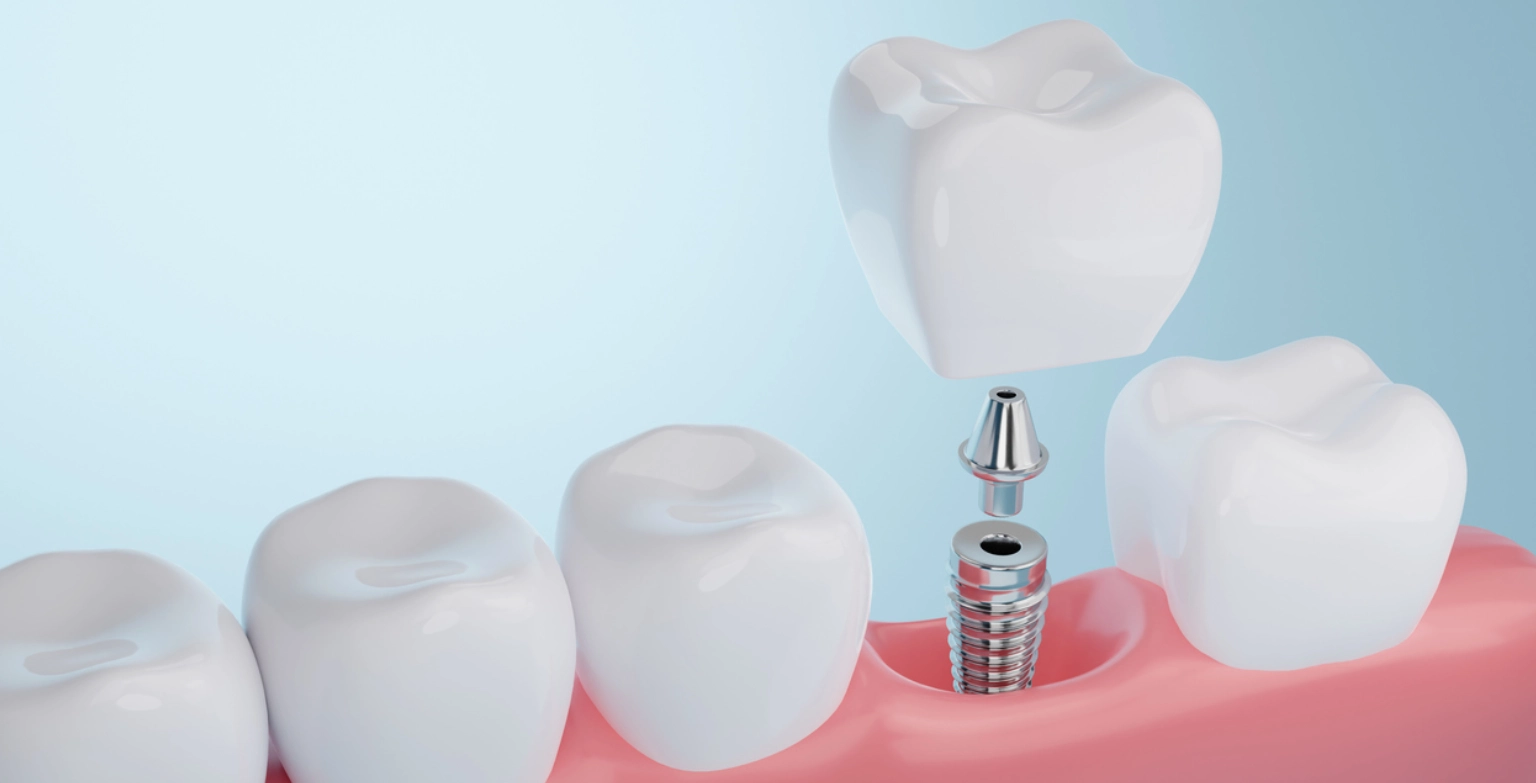Who Is a Good Candidate for Dental Implants?

It’s estimated that 125 million Americans are missing at least one tooth. If you are one of them, you may be considering dental implants as a long-term solution for restoring your smile, confidence, and ability to eat comfortably. But before moving forward, you might be wondering: Who is a good candidate for dental implants?
Dental implants are usually regarded as the gold standard for tooth replacement, offering a natural look and feel, long-term durability, and the ability to preserve jawbone health. However, not everyone is a good candidate for dental implants. This guide will walk you through eligibility criteria, key factors, and alternative solutions for those who may need additional treatments before qualifying for implants.
Why Choose Dental Implants?
Dental implants mimic natural teeth by replacing missing tooth roots with biocompatible titanium posts. These posts fuse with the jawbone in a process called osseointegration, providing a strong, stable foundation for a dental crown, bridge, or denture.
Key Benefits of Dental Implants:
- Permanent and long-lasting – Dental implants can last a lifetime, unlike dentures or bridges, which may require frequent replacements.
- Natural look and function – Implants closely resemble real teeth, restoring both aesthetics and chewing ability.
- Prevents bone loss—Missing teeth leads to jawbone deterioration, but implants stimulate the bone, preventing facial sagging and bone loss.
- Improves speech and eating – Implants eliminate slipping and discomfort, which is common with dentures, allowing for clear speech and unrestricted eating.
- Enhances oral health – Unlike dental bridges, implants do not need the alteration of adjacent teeth, preserving overall oral health.

Who Is a Good Candidate for Dental Implants?
While dental implants are an excellent tooth replacement option, certain factors determine whether a patient is a good candidate for the procedure.
1. Individuals with Missing Teeth
The ideal candidate for dental implants is someone having one or more missing teeth due to injury, decay, or gum disease. Implants provide a stable and permanent replacement, ensuring restored function and aesthetics.
2. Patients with Healthy Gums
A healthy gum line is essential for implant success. Candidates should be free of active periodontal disease (gum disease), as infection can compromise healing and implant stability. If gum disease is present, it must be treated first before moving forward with implant placement.
3. Adequate Jawbone Density
A strong jawbone is necessary to anchor the implant securely. If the jawbone has deteriorated due to prolonged tooth loss or disease, the dentist may recommend bone grafting to rebuild sufficient bone volume before implant surgery.
4. Non-Smokers or Those Willing to Quit
Smoking reduces blood flow to the gums, slowing down the healing process and increasing the risk of implant failure. While smokers can still receive implants, quitting before and after the procedure significantly improves long-term success rates.
5. Good Overall Health
A healthy immune system is important for successful healing after implant surgery. Chronic conditions such as diabetes, osteoporosis, or heart disease do not necessarily disqualify a patient, but they must be well-managed to ensure proper recovery.
6. Commitment to Good Oral Hygiene
Proper dental hygiene is critical for implant longevity. Candidates should be committed to brushing, flossing, and attending regular dental check-ups to maintain healthy gums and prevent infections.
7. Patients Seeking a Long-Term Solution
Unlike removable dentures or traditional bridges, implants offer a permanent and worry-free solution that can last decades with proper care.
Who May Not Be a Good Candidate for Dental Implants?
While most people qualify for dental implants, some conditions may delay or prevent immediate treatment. However, many patients can become eligible after addressing these concerns.
Factors That May Affect Dental Implant Candidacy:
- Severe bone loss – A weak or insufficient jawbone may not initially support an implant. Bone grafting can restore bone density.
- Untreated gum disease – Active periodontitis can cause implant failure. Patients must undergo gum disease treatment before proceeding.
- Uncontrolled diabetes – Poorly managed diabetes slows healing and raises infection risks. Stabilizing blood sugar levels improves candidacy.
- Heavy smoking – Smoking restricts blood circulation, slowing healing. Patients are encouraged to quit smoking for better outcomes.
- Certain medications, such as Bisphosphonates (osteoporosis drugs) and radiation treatments, can interfere with bone healing. A dentist will evaluate a patient’s medical history before treatment.
- Children and teenagers – Since jawbones continue to develop into the late teens, implants are not recommended for young patients.
- Alternative Solutions for Those Who Aren’t Immediate Candidates If you don’t qualify for dental implants immediately, don’t worry—there are solutions available.
- Bone grafting – Strengthens the jawbone to support implants. Gum disease treatment – Helps create a healthy foundation for implant placement.
- Implant-supported dentures – An alternative for patients with significant bone loss who may not qualify for traditional implants.
At Brookline Smile Artists, we provide customized treatment plans to help patients become eligible for dental implants over time.
Find Out if Dental Implants Are Right for You – Schedule a Consultation Today!
Call us at (617) 982-2980 or book your consultation online at Brookline Smile Artists to explore your dental implant options and achieve a stronger, healthier, and more confident smile.
FAQ
How do I know if I'm a good candidate for dental implants?
A good candidate should have one or more missing teeth, healthy gums, sufficient jawbone density, and good overall health. A dental consultation with X-rays and 3D imaging will determine eligibility.
Who is not a good candidate for dental implants?
Patients with severe jawbone loss, untreated gum disease, or uncontrolled diabetes may not be immediate candidates but could qualify for additional treatments.
What is the downside of having dental implants?
Potential downsides include surgical risks, healing time, and cost. However, implants offer long-term benefits that outweigh these concerns.
Does insurance cover dental implants?
Many insurance plans consider implants elective, but some offer partial coverage for related procedures like extractions and bone grafting.
Bibliography & Sources
- American Academy of Implant Dentistry (AAID) – www.aaid-implant.org
- American Dental Association (ADA) – www.ada.org
- Mayo Clinic – Dental Implants Overview www.mayoclinic.org
- National Institute of Dental and Craniofacial Research – Implant Success Factors www.nidcr.nih.gov

If you are looking for a dentist in Brookline, MA, schedule your consultation with the team at Brookline Smile Artists. We offer Cosmetic and Restorative Dentistry. We are located at 209 Harvard Street, Suite 402 in Brookline. Our office hours are Monday through Thursday from 7:30 AM to 5:30 PM and Friday from 8:00 AM to 2:00 PM.

One of the top rated dentists in Brookline, MA




